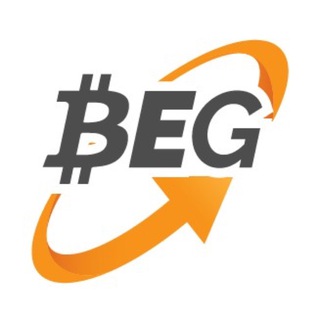National exchange of the Philippines The Philippine Stock Exchange (PSE) plans to enable crypto trading on its platform. To do this, the exchange needs approval from regulators.
PSE Best For Crypto Trades
Speaking to CNN Philippines, PSE CEO and President Ramon Monzon said that the exchange would be a suitable platform for crypto trading due to its unique trading infrastructure and investor protection safeguards. Monzon believes that the structured trading of crypto in the Philippines should be on the PSE platform. According to him, cryptos are an asset class the Philippines cannot ignore anymore, given growing interest."If there should be any exchange for cryptos, it should be done at the PSE. Why? Number one, it's because we have the trading infrastructure. But more importantly, we'll be able to have investor protection safeguards especially with a product like crypto."Monzon said the idea surfaced during a top management meeting two weeks ago. He added that PSE is currently awaiting guidelines from the Philippine Securities and Exchange Commission (SEC) alongside other regulators. The SEC began seeking public comments from banks, investors, and others in 2019 to ascertain whether the country needs a domestic crypto exchange. The same year, the regulator announced intentions to issue guidelines for crypto exchanges. In 2020, SEC chairman Emilio Aquino said the agency has set draft rules in place after receiving comments and is looking to finalize them. However, there are no concrete rules in place yet.
 bitcoinexchangeguide.com
bitcoinexchangeguide.com